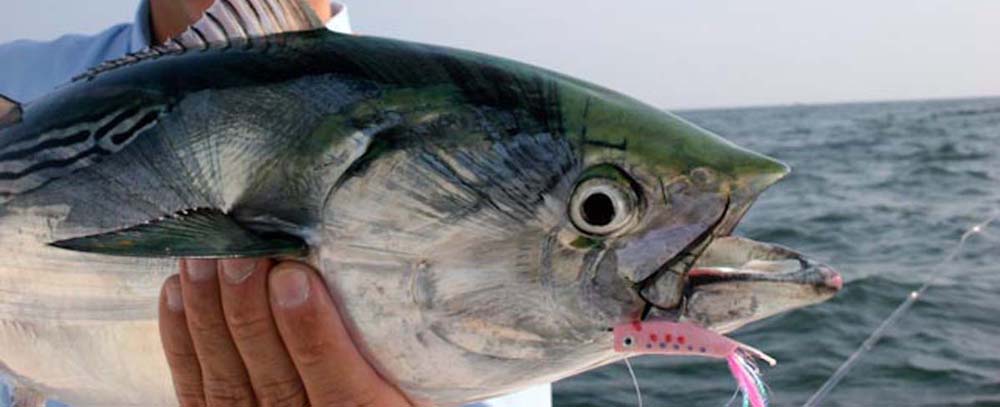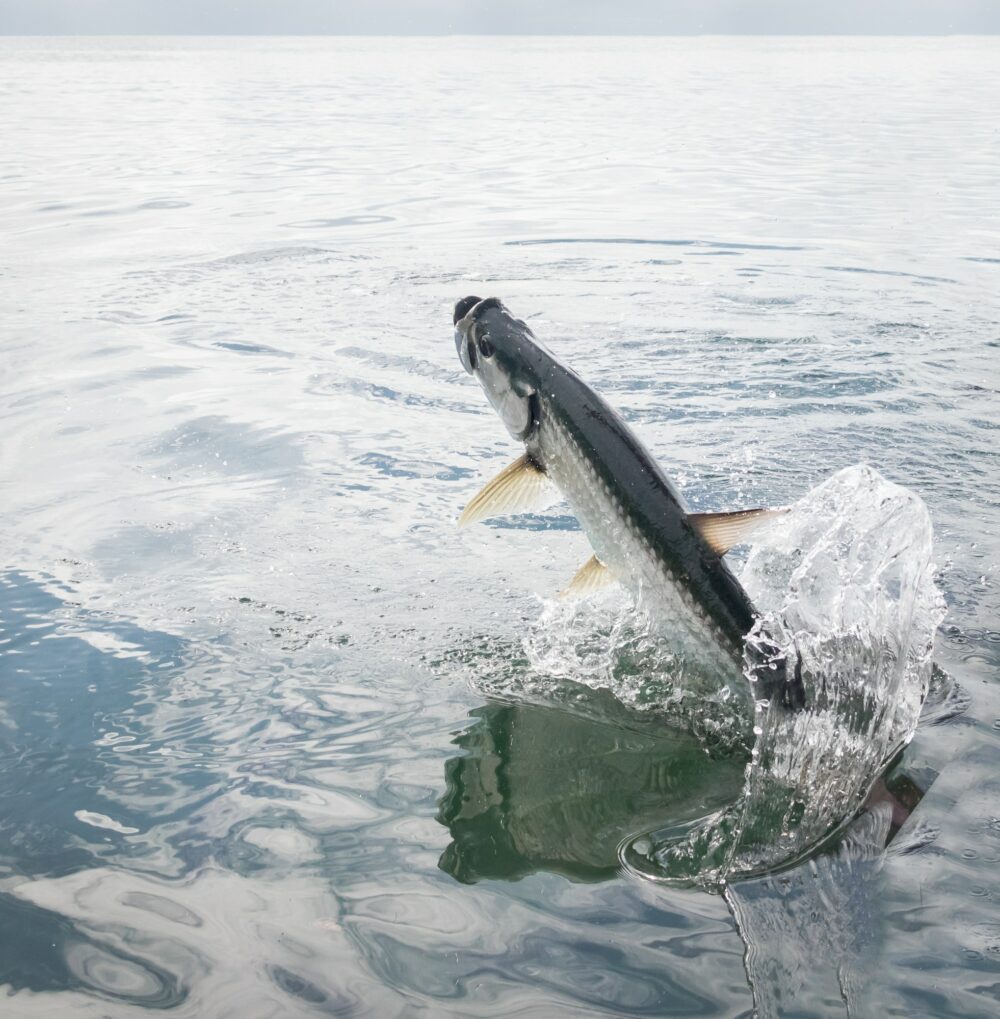
The sense of smell with Megalops atlanticus is powerful. Here, a tarpon does its best to lose the fly while predictably head shaking as it leaps out of water – Caye Caulker, Belize, Envato Photo
The following excerpt is from the book The Fisherman’s Ocean by David A. Ross, Ph.D. It is reprinted with permission from Stackpole Books [2013]. Now Globe Pequot Div. of Rowman & Littlefield.
Experiments on Scent
By David A. Ross, Ph.D. ~ edited by Skip Clement
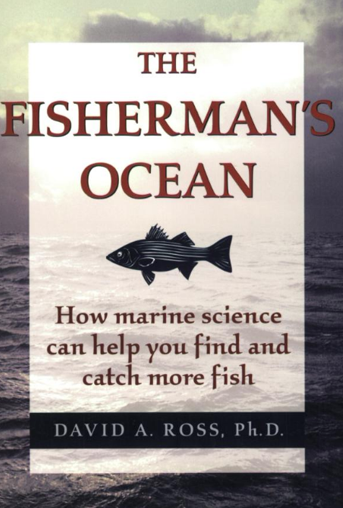
Available at Amazon Books.
Many experiments have demonstrated how smell helps fish find food, avoid predators, or orient themselves. For example, studies have shown that tuna become aggressive and begin displaying feeding behavior when extracts from their normal prey get placed in their laboratory tank. As you might expect, a fish’s response to food odors (in the laboratory and perhaps in the ocean) is generally more intense if the fish is hungry. In contrast, a recently fed fish is usually less interested in food odors.
It’s you, buddy
Experiments have shown that a chemical commonly found in oils from human skin is offensive, even repulsive, to some fish. The offending chemical was identified as an amino acid called L-serine, which is more prevalent in light-skinned people than in dark-complexioned individuals. Other common chemicals also seem to repel fish. These include gasoline and oil products, sunscreens, nicotine, and insect repellent.
Odor imprints
Imagine getting your outboard engine primed and running for a fishing trip, putting on sunscreen and bug repellent, lighting a cigarette—and later wondering why your lures or flies do not attract fish. The experience will be even more frustrating when your tanned, nonsmoking spouse or friend easily outfishes you. Chemical odors can be absorbed by fishing lines, leaders, and flies and lures; nylon-based monofilament fishing line can absorb odors from oil and gas products. Such imprinting, which cannot be removed, probably will reduce your fishing success.
Keep your hands dirty
It makes sense to keep your hands free of the offensive odors mentioned above when fishing. Washing your hands in seawater and rubbing your hands against bait or in fish oil are ways to prevent transferring offensive odors to your lures or flies. Human saliva seems to contain chemicals that either mask the L-serine odor or are attractive to fish, so you might want to try spitting on your lures. Anything that reduces or neutralizes the natural L-serine scent from your skin will lessen your chances of ‘offending’ fish.
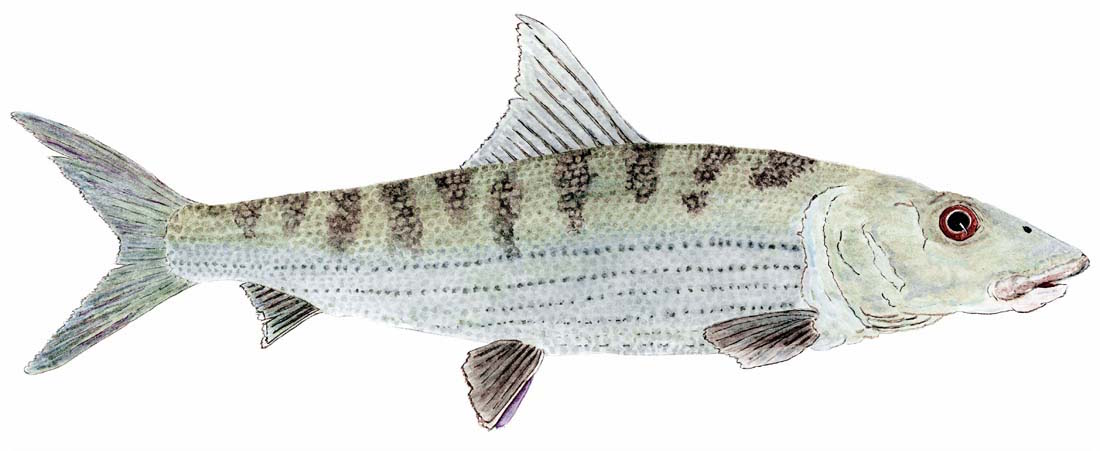
A bonefish ‘mudding’ is all about smell. Thom Glace illustration.
Bottled BS?
Other chemicals may attract fish. These include juices and liquids from natural baits [worms, baitfish, and the like], fish extracts and oils, sugar, dairy products such as milk and cheese, and human saliva. In addition, fish oils or special brews applied to lures, especially plastic lures, are commonly sold today; there is evidence that they may work.
World record?
The International Game Fish Association (IGFA) has ruled that applying a natural or artificial scent to your lure or fly is unacceptable if you want to submit a fish for IGFA-record consideration.
I once tried soaking a fly in fish oil to see if it made any difference to the fish. I found no increase in my catch rate, but it was not a very sophisticated experiment. If you want to try this with one of your lures or flies, I strongly suggest you tie the fly to the leader before putting it in the fish oil; otherwise, the line may become ‘greasy,’ and the knot might not hold. — Author
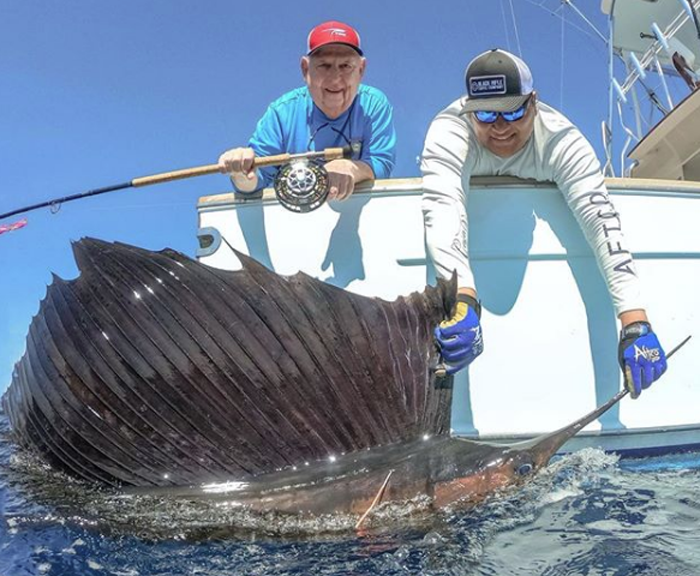
Jake Jordan is the man who figured it out how to catch billfish on a fly. Here he has a nice Guatemala sail on a fly just before release. Billfish have highly developed sense of smell, but vision of all big eyed game fish is also key. Visit Jakes world renown fly fishing school.
There is a caveat here
Fish may respond differently to a specific odor; some fish might even like L-serine or (less likely) gasoline. Surprisingly, many fish do not seem bothered by the exhaust from boat engines (maybe because a good portion of the odor goes into the air and not the water). This variability in response to odors adds to the adventure of fishing-if we had a chemical that attracted all fish, fishing would not be much of a sport.
Not to worry
Because the response to odor is generally different among different species, most scientists feel that the possibility of developing a universal fish attractant is unlikely. Furthermore, even proven chemical attractants may only work at specific times, tides, or seasons.
Some anglers know that odors from gasolene, butts, sunscreen, and foodstuffs are likely to negatively impact game fish if transferred to their flies, but keeping hands saltwater washed or relatively uncleaned after handling baits is not usually observed.
NOTE: Featured Image photo by Capt. Andrew Derr ~longislandonthefly.com


